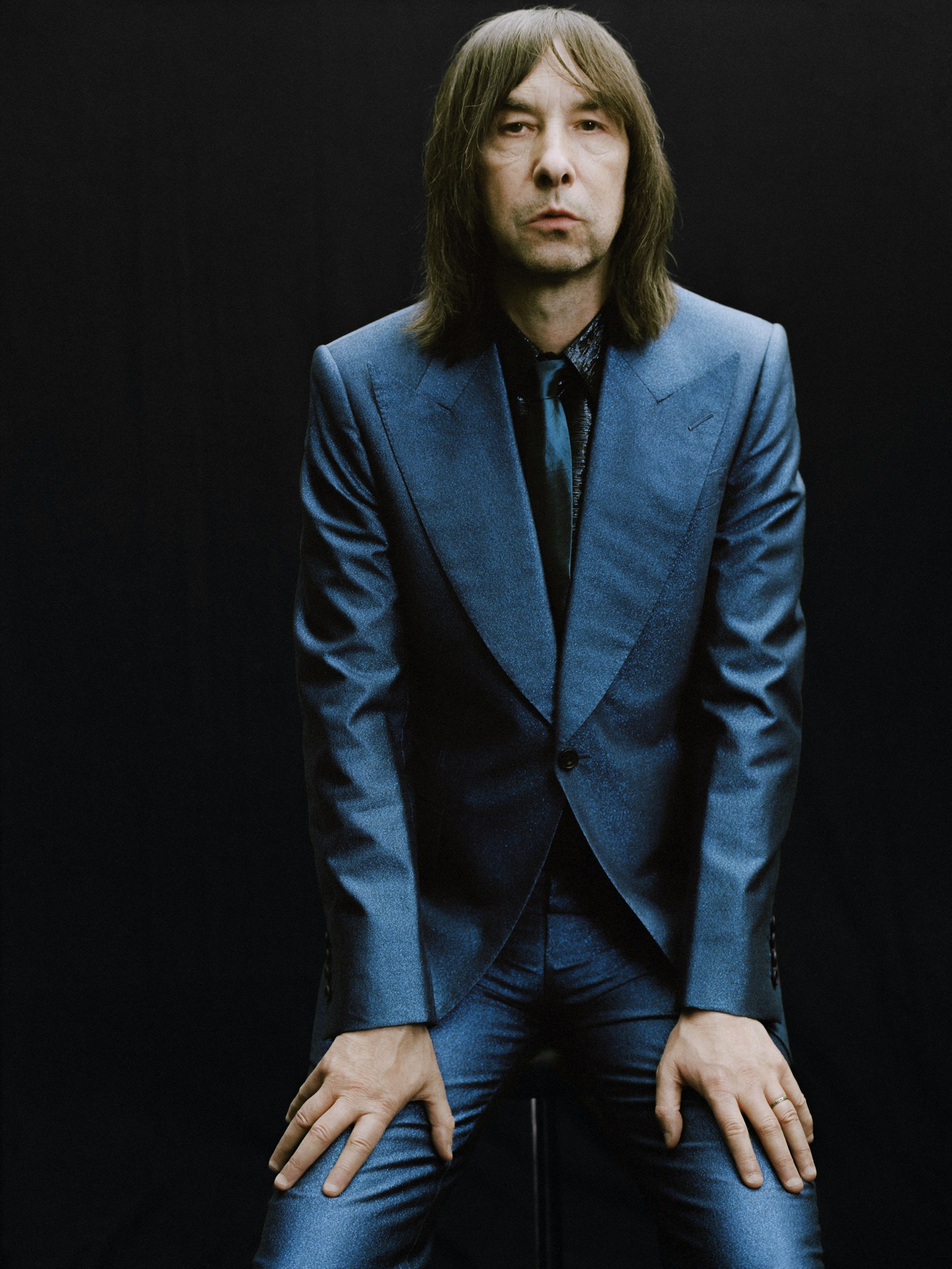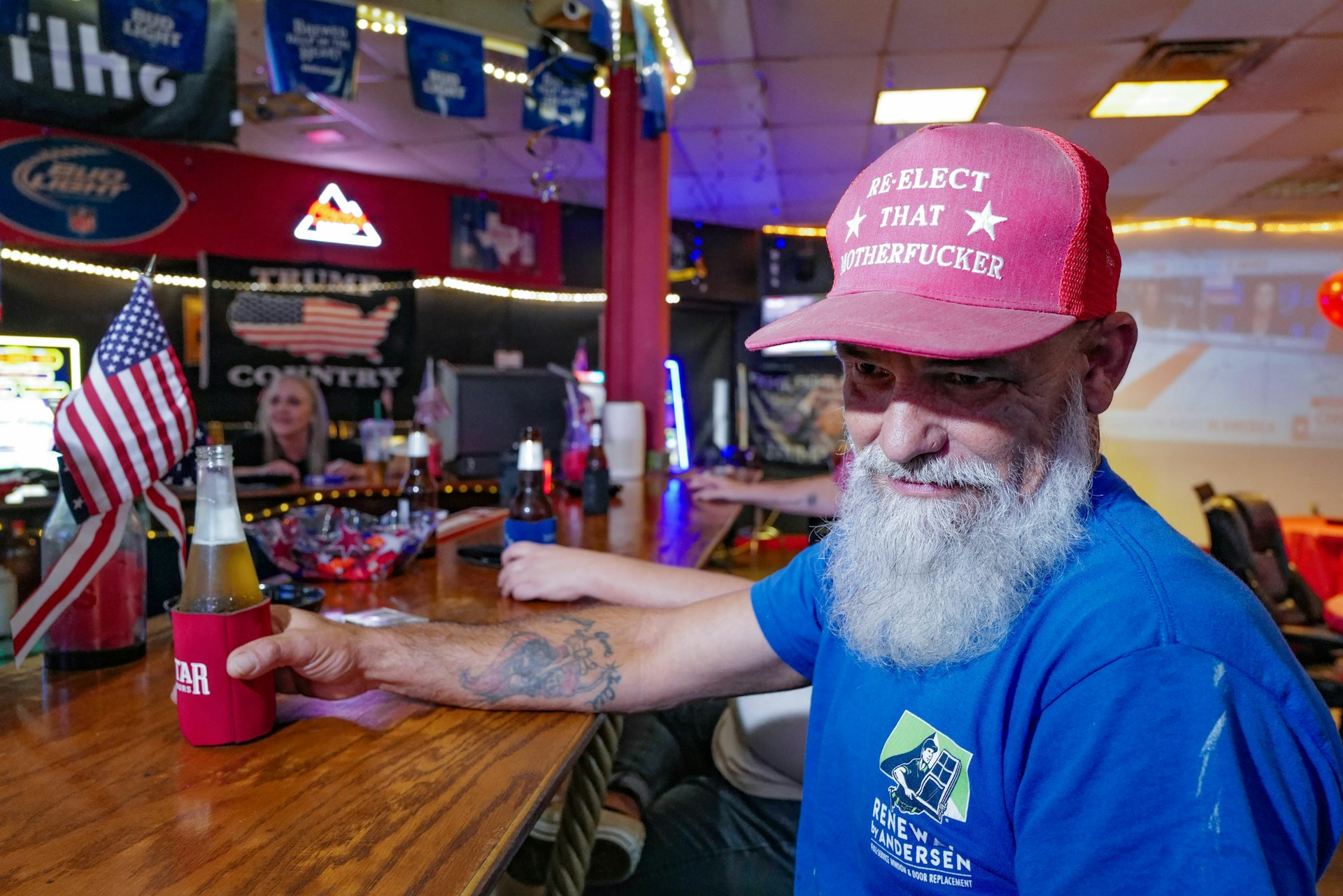Iceland's Pirate Party are on the cusp of power, but who are they?
- Text by Mike Fordham
- Photography by Ed Andrews

We have good parties here. We maraud and drink lots of rum!” laughs Arnaldar Sigurdarson, twenty-seven. Arnaldar is a Pirate. He’s studying Sociology and Media studies at Reykjavik University, is six-foot-five, sports long jet black locks with a beard and a gothic overcoat to match – and is a spokesperson for the youth organisation of Iceland’s Pirate Party.
“If you told me a couple of years ago that I would be running for parliament and more or less engaged full time in politics, I would have thought you’re crazy,” he says. “But here I am.”
Though he doesn’t look very much like most peoples’ idea of a potential parliamentarian, there’s something logical about his particular place in the bonkers Icelandic political scene. “All around the world young people are disenfranchised in terms of traditional politics, and here it is no different,” he says.
“The idea of going into a booth every couple of years and putting a cross next to some name that doesn’t reflect your views makes no sense to people, especially the younger generation who have learned to communicate and influence people across borders, across political frontiers.” The Pirate Party was started in Sweden around copyright reform, in the wake of the Wikileaks scandal and the shutdown of Pirate Bay.

Photo by Liz and Max Haarala Hamilton
The Icelandic chapter formed around 2012 and the party currently has three MPs in parliament as well as a representative in Reykjavik City Council. “We’re trying to start a new political culture,” Arnaldar says. “Mainstream politics is all about infighting and finger pointing – but we in the Pirate Party try to work with as many people as possible and attempt to find common ground.” Although fully engaged in the political process, it’s hard to tease out any specific ideology from this particular pirate – and indeed, the idea of a fixed set of policies seems anathema to the Pirates in general.
Most of the energy remains around the repressive nature of copyright laws – and an almost evangelical belief in the liberating nature of a completely open-access, copyright-free World Wide Web. “Copyright is used as an excuse to keep tabs on people and to initiate huge surveillance systems,” he says. “The real solution to online piracy is enabling good services that provide access to different material.
Our main vision is centred on the International Modern Media initiative, which is a set of proposals supposed to make Iceland the greatest place on Earth for investigative journalism. We want the best freedom of speech laws, the best source protection laws. Our vision is that Iceland should become the Switzerland for Brits.”
Latest on Huck

How to shoot the world’s most gruelling race
Photographer R. Perry Flowers documented the 2023 edition of the Winter Death Race and talked through the experience in Huck 81.
Written by: Josh Jones

An epic portrait of 20th Century America
‘Al Satterwhite: A Retrospective’ brings together scenes from this storied chapter of American life, when long form reportage was the hallmark of legacy media.
Written by: Miss Rosen

Bobby Gillespie: “This country is poisoned by class”
Primal Scream’s legendary lead singer writes about the band’s latest album ‘Come Ahead’ and the themes of class, conflict and compassion that run throughout it.
Written by: Bobby Gillespie

Vibrant photos of New York’s Downtown performance scene
‘Balloons and Feathers’ is an eclectic collection of images documenting the scene for over two decades.
Written by: Miss Rosen

Picking through the rubble: Glimpses of hope in the US election results
Clambering through the wreckage of the Harris campaign, delving deeper into the election results and building on the networks that already exist, all hope is not gone writes Ben Smoke.
Written by: Ben Smoke

US Election night 2024 in Texas
Photographer Tom “TBow” Bowden travelled to Republican and Democratic watch parties around Houston, capturing their contrasting energies as results began to flow in.
Written by: Isaac Muk